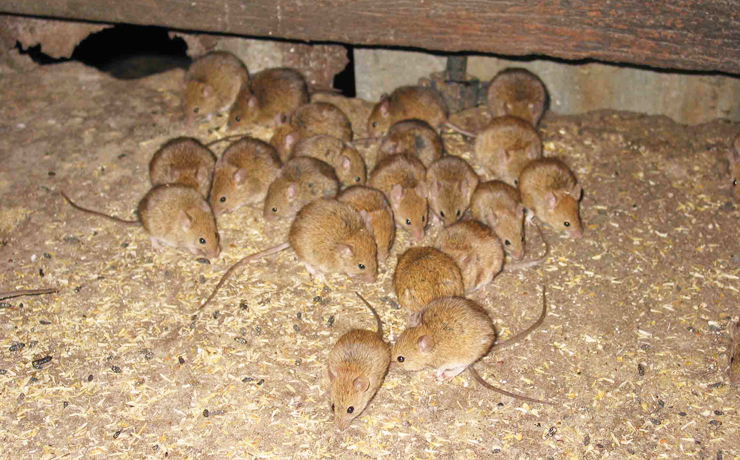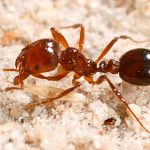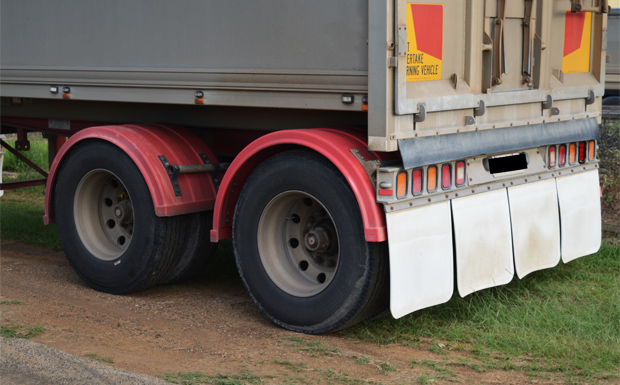

August 3, 2022
New research by the CSIRO has found mouse populations can be reduced significantly by doubling the amount of zinc phosphide (ZnP) in grain baits used for broadscale agriculture.
The results of an in-field study confirm earlier laboratory studies.
The research was undertaken in response to concerns from farmers who suspected mouse baits were not as effective as they needed to be, particularly when mouse numbers were high.
CSIRO researcher Steve Henry said the first study found that bait consisting of grains coated with 25g ZnP/kg grain did not always provide a lethal dose to mice, and mice that did not die from an initial feed of the bait became bait averse.
“We followed up with a second study that re-assessed the sensitivity of mice to ZnP. The results showed that mice were significantly less sensitive to ZnP than previously reported,” Mr Henry said.
“These results highlighted the importance of every bait grain needing to be a lethal dose as there is no guarantee that mice will find and consume more than one baited grain, and consumption of a sub-lethal dose leads to aversion.”
Mr Henry said the final study, conducted in the field, confirmed that 50g ZnP/kg grain bait was required to consistently reduce mouse populations.
He said this rate was able to achieve more than an 80 per cent reduction in mouse populations more than 90 per cent of the time.
GRDC pests manager Dr Leigh Nelson said the three studies provided a solid body of evidence for the superior efficacy of the 50g ZnP/kg grain bait, which will give growers a more effective tool to manage mice and protect their crops.
“The use of 50g ZnP/kg grain baits should reduce the need for repeat baiting which is costly. Any savings on the bottom line from mouse damage would be welcomed by farmers,” Dr Nelson said.























